Outdoor Allergies

Managing Outdoor Allergies in Kids
Kids playing outdoors might expose to grass, tree and weed pollens that could trigger allergies. Find out how to help your child manage outdoor allergies.
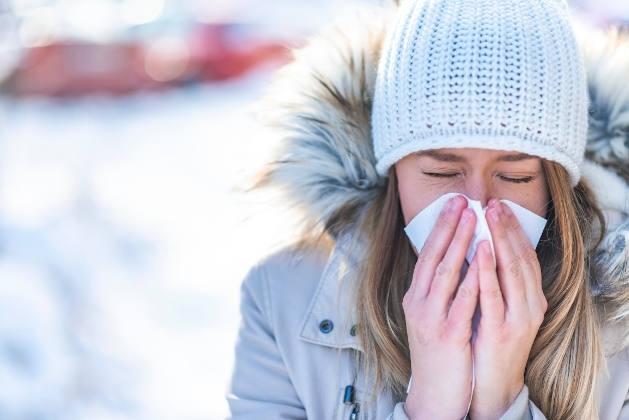
Snow Mold Allergies
Ever wondered what’s causing your allergic symptoms like congestion and watery eyes during the winter months? There are many different allergens that can trigger you, even outside of the traditional pollen season. As winter warms into spring, snow mold is a common allergens causing a sudden influx of symptoms as the days start to get warmer.
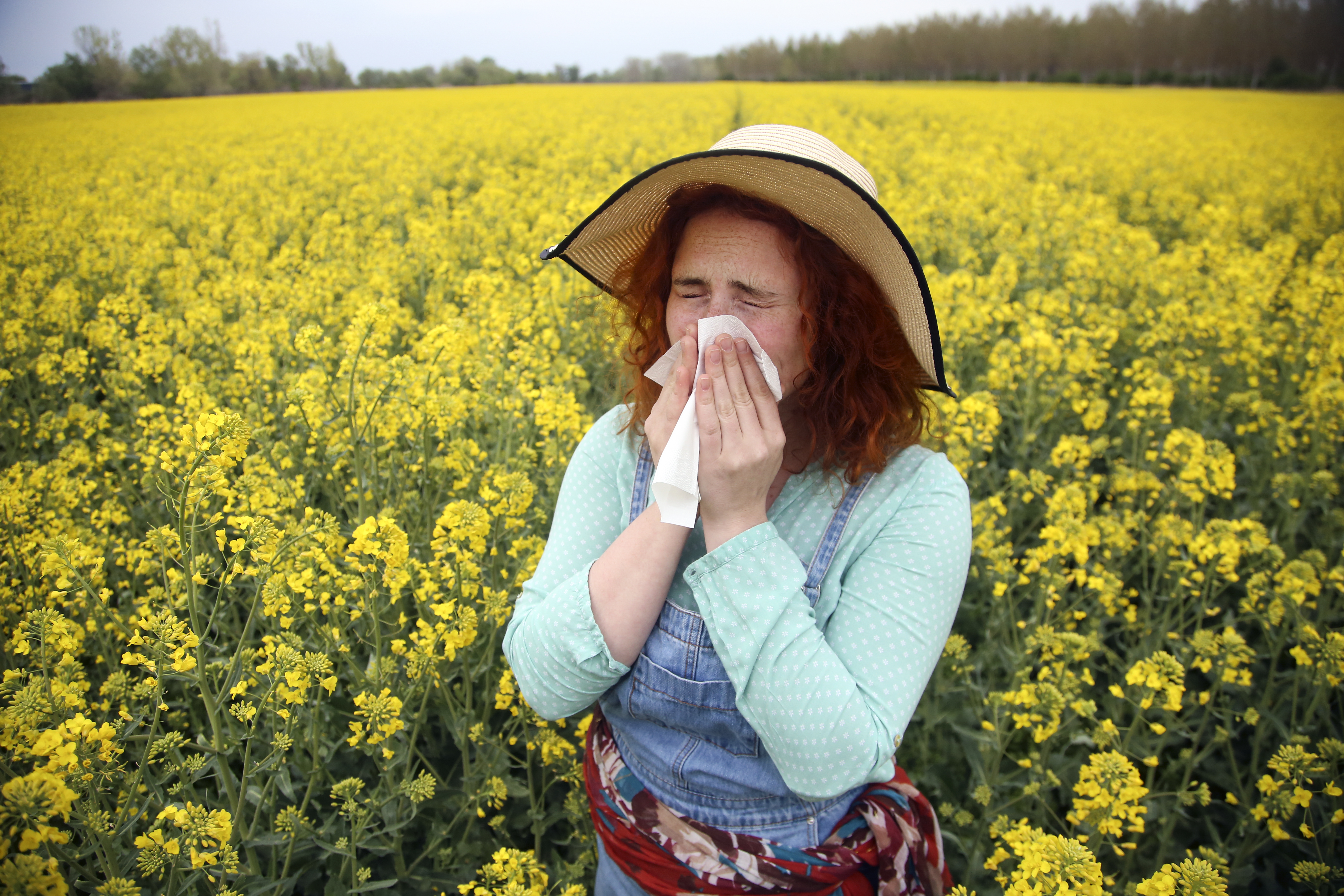
About Hay Fever Allergies
Did you know hay fever has nothing to do with hay? The term came about when farmers working in the hay fields were affected by allergies. Learn more about what the phrase means.
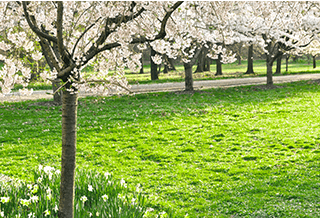
Understanding Seasonal Allergies
What are your allergy triggers? When are you most affected? Recognizing your reaction to seasonal allergens is the first step toward living with them.
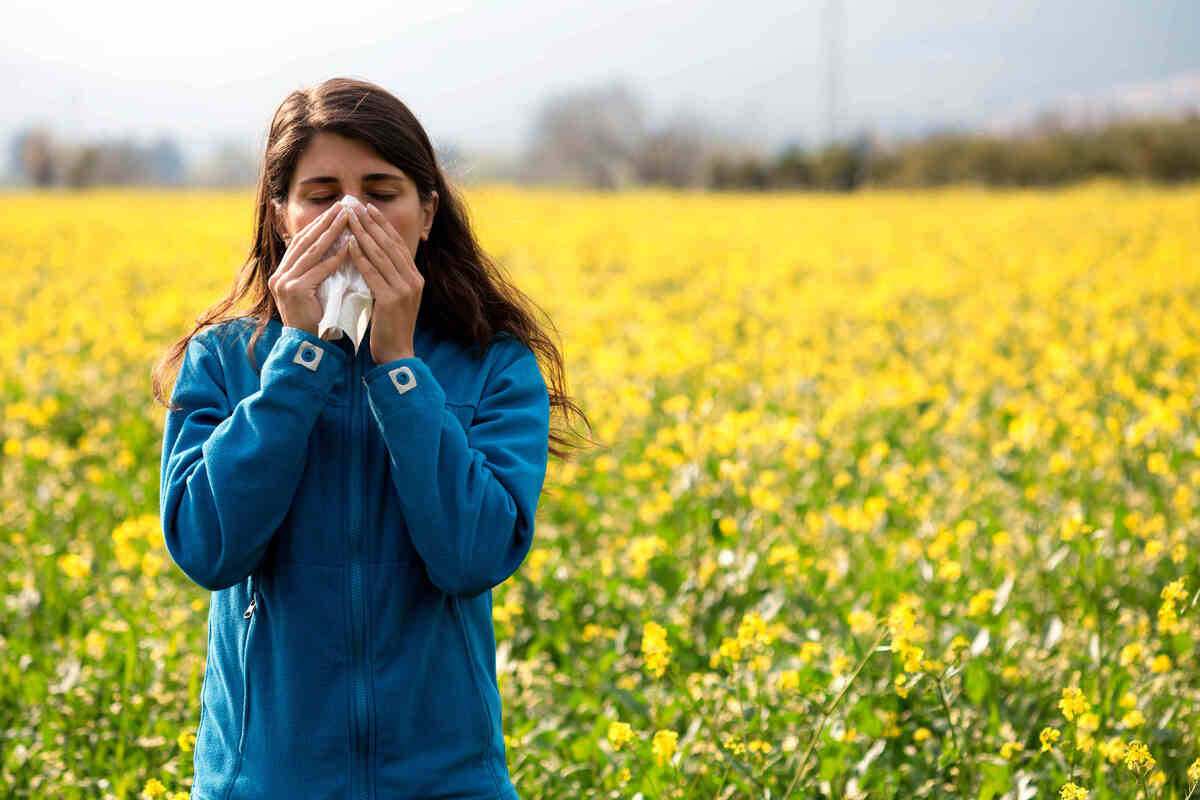
Canadian Grass Pollen Allergy Guide
When spring is right around the corner and most Canadians start looking forward to warmer weather and lighter jackets, it’s not always an exciting season for everyone.
For many Canadians, spring also brings with it an unfortunate uptick of allergies. And one of the most common causes of allergy symptoms in Canada is grass pollen.

Canadian Tree Pollen Allergy Guide
If you didn’t already know, allergens can exist in all sizes from tiny microscopic forms to larger particles like pet dander. One of the most common causes of allergies for Canadians is tree pollen. As many as one in four people in Canada suffer from seasonal allergies caused by tree pollen.
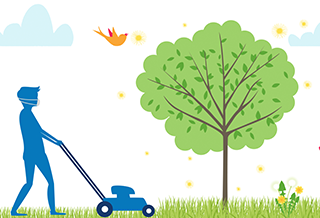
About Grass Pollen Allergies
If summer is the worst time of year for your allergies, it’s likely that grass pollen is to blame. You can’t escape grass, but there are many ways to manage your allergies.
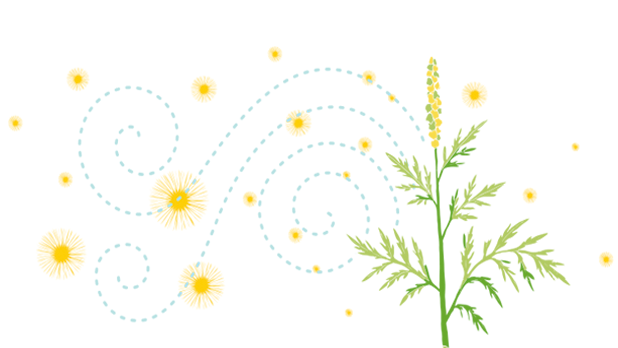
The Reality of Ragweed Allergies
From late summer to early fall, weeds emerge, bloom and release their pollen into the air.
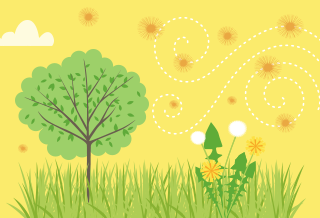
Pollen Count
Ever wonder what the pollen is going to be like? Here’s a quick guide to help you plan ahead throughout the year.
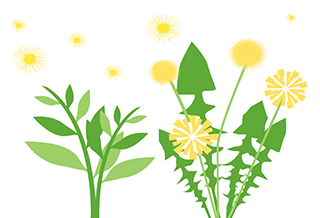
About Weed Pollen Allergies
Weeds make you sneeze? You’re not alone. Learn more about managing these powerful allergy triggers.